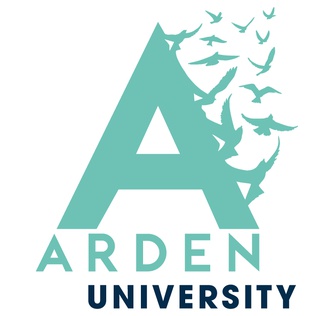There are five programme options in the Master's Programme:
Algebra
Analysis
Topology
Applied Mathematics
Statistics
The degree programme for the Master of Science in Mathematics for international students at NTNU is stipulated to take two years. One year of full studies corresponds to 60 credit points, i.e., in total 120 credit points are needed. The degree consists of two parts. The programme starts with course work corresponding to 75 credit points and concludes with writing a thesis corresponding to 45 credit points.
Structure of the programme
The structure of the programme will normally look like this:
Year Semester 7.5 credits 7.5 credits 7.5 credits 7.5 credits
1
1 Autumn Elective course Elective course Elective course Elective course
2 Spring Experts in Teamwork Elective course Elective course Elective course
2 3 Autumn Work on the Master's Thesis Elective course Elective course
4 Spring Work on the Master's Thesis
The complete study plan is found in the online study handbook.
The standardized length of the Master's degree programme is two years, that is, 120 credits. The programme includes the Master's thesis of 45 credits, in addition to courses worth 75 credits. The courses usually last one semester (7.5 credits) with four hours of lectures per week. Depending on capacity and needs, reading courses, seminars or study groups are arranged to support work on the Master's thesis.
The form of assessment for courses included in the programme description is described below each course. Assessment may consist of an examination (oral or in writing), midterm tests, exercises and/or project work.
When the Master's thesis has been submitted and all course examinations to be included in the Master's degree programme have been taken and passed, the candidate must deliver a final oral presentation.
Programme options
Both pure and applied specializations are offered in all the programme options. The various programme options and the specializations each have their own academic content. Common to all the specializations is a depth requirement and a breadth (scope) requirement.
The depth requirement applies to the Master's and Bachelor's degree programme as a whole. Four courses in the programme option are required, of 7.5 credits each. These are specified for each specialization in 3.10.5. The courses must be at Master's level (that is, second-degree courses; in addition, the course TMA4145 may be included in the Master's degree programme). It is possible, and often desirable, to take one or more of the courses for the depth requirement in the Bachelor's degree programme.
The scope requirement applies specifically to the Master's degree programme, and is as follows: at least two mathematical courses (each of 7.5 credits) must be selected outside the programme option in the Master's degree programme, and must be at Master's level. In addition to these two courses, the Experts in Teamwork course (7.5 credits) is required and must be taken during the first year of study.
You select the other courses from those offered by the Department (provided that they are at Master's level), including courses for the technology programme and PhD courses in mathematics. Courses outside the Department's subject areas may be included as part of the Master's degree programme. These courses must then be specially approved by the Faculty. Students should contact the Faculty at an early stage to set up their individual education plan.
Courses for which examinations have been taken before admission to the Master's degree programme can be incorporated in the Master's degree only by application to the Faculty.
All students must earn at least 30 credits from the courses listed below, including courses taken during Bachelor's degree:
Emnekode Emnenavn SP
MA3201 Rings and Modules 7,5
MA3202 Galois Theory 7,5
TMA4145 Linear Methods 7,5
TMA4225 Foundations of Analysis 7,5
TMA4190 Introduction to Topology 7,5
MA3402 Analysis on Manifolds 7,5
TMA4195 Mathematical Modelling 15
TMA4212 Numerical Solution of Differential Equations by Difference Methods 7,5
TMA4295 Statistical Inference 7,5
TMA4300 Computer-Intensive Statistical Methods 7,5
Depending on the specialization chosen, the "elective courses" in the table above must include the required courses specified below. In certain cases, it may be more practical to start the Master's thesis as early as the second semester, for example to make room for a course that only fits into the third semester of the programme.
Show less










